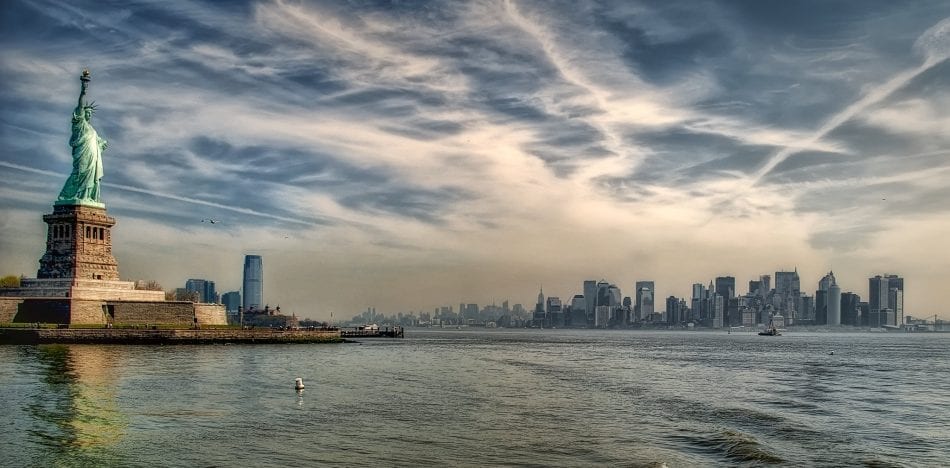
By definition, an expanded government requires diminished liberty. Any function we ask of government requires us to surrender a measure of our freedom, and our treasure. And yet, large segments of the population favor an expanded government, which is to say, favor less freedom. This is exemplified by our desire for government regulations.
According to a 2012 Pew Research Center survey, 40% of the public thinks that regulating business is necessary to protect the public interest. Among Democrats, the proportion who think government regulations are necessary to protect the public interest. Overall, the American public overwhelmingly supports strengthening regulations, or keeping them as they are, in specific areas such as food safety, and environmental protection.
Since the 1930s, beginning particularly with the administration of Franklin D. Roosevelt, Americans began developing the perspective that public policy should undertake an extensive paternalistic role in society. Today, this paternalism extends to comprehensive oversight, approval, prohibition, or control of the production, buying, selling, and consumption of any good or service in the market.
Paternalism embodies the belief that people cannot be trusted to make good decisions, compelling government regulators to step in. Thus, the motivation for many paternalistic regulations are the twin convictions that most individuals make bad decisions when allowed to think for themselves, and that businessmen, acting out of greed, endanger the trusting public by cutting corners to increase profits.
Yes, commerce is a self-interested pursuit that encourages and rewards selfish behavior. However, it does not follow that business is about exploiting customers. Just the opposite, in a competitive free enterprise system, profits result from delivering superior value to customers, not from exploiting them.
Government regulations entail a transfer of authority, and decision-making from individuals to those in political power. This is a long way from the “system of natural liberty” described by Adam Smith where government would be restricted to the provision of national defense, police, courts of law, and a limited number of public services. Government regulations ignore the great discovery of the 18th century that when individuals are left to follow their own personal judgements, the outcome for society is far superior to when those in governments are allowed to direct our affairs.
Another reason why many object to freedom, in favor of an expanded government and less freedom, is that freedom is a source of inequality. In a free society, we can always expect unequal outcomes. Consequently, socialist thinking argues that the coercive power of government must be used to forcefully address income inequalities.
Central to socialism is the belief that a person’s life does not belong to the individual, but rather that it belongs to the community or society. Accordingly, individuals have no rights of their own and must sacrifice for the “greater good” of society. Socialists have no problem allowing government to use force to bring about a predetermined distribution of wealth; even though, such a distribution can only be accomplished by continually interfering with our liberties.
Moreover, an enforced egalitarian distribution of wealth is an unachievable goal. Even if it were possible to achieve, for one instant, a desired distribution of wealth, such distribution would immediately begin to break down as individuals choose to exchange goods and services with each other, or to save or produce in different measures.
An expanded socialist government carries the principle of double effect first identified by Thomas Aquinas, in his Summa Theologica, to evaluate the justification of an act. Government has the harmful double effect of reducing freedom. Government’s usurpation of freedom is inseparable from whatever good results may be intended. Or as economist Jean-Baptiste Say put it, “the mere interference [by government] is itself an evil, even where it is of use”.
As government expands, our freedom is weakened. An intrusive, coercive paternalistic state violates the American conception of a just society as one in which the citizenry is assured the freedom to choose how to shape their own future unforced by government interference. When we support an expanded government, we are objecting to our freedom.
 Versión Español
Versión Español












